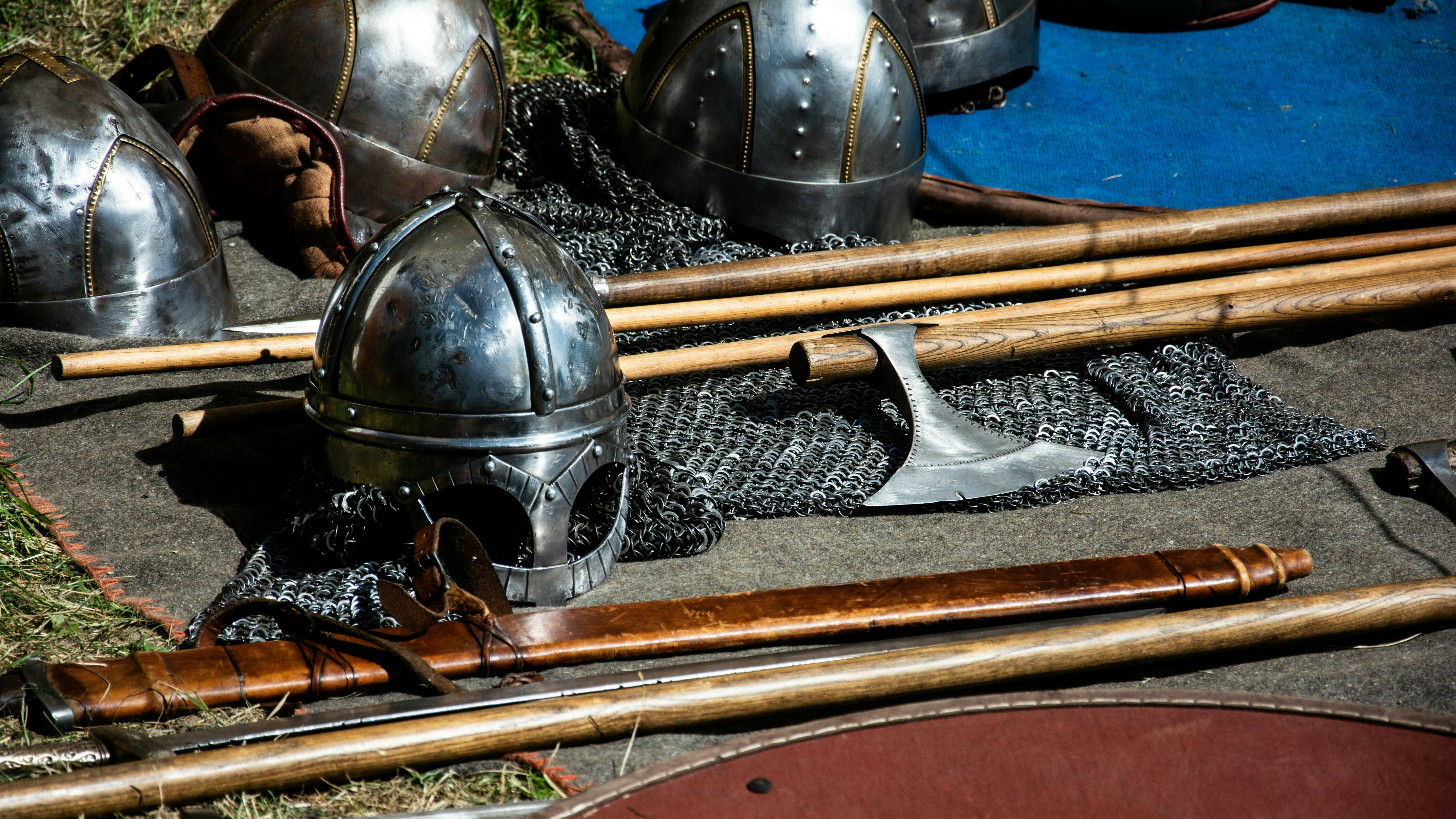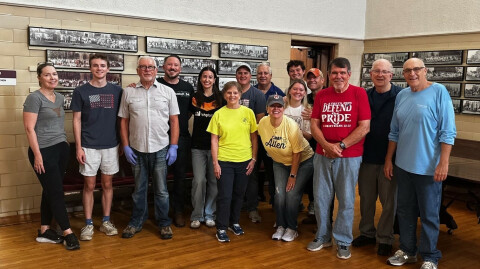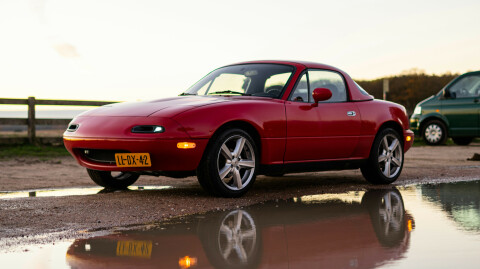TLDR: I just found a few notes in an old diary from a Sabbatical my family and I took in Ireland in 2017. I liked what I read and decided to share it with you all. I hope you enjoy it.
The taxi driver was listening to a Christian radio station. When we entered his cab, at the International Hotel in Killarney, County Kerry, the station was recapping the latest news in the country. It all sounded so familiar to me: A politician has been indicted for corruption, a new bill is trying to decide what will happen to Ireland when England exits the European Union, a papal visit to the nation has been announced for 2018, a new Roman Catholic Bishop has been ordained for a local Diocese, etc. After the news roundup, we listened to a few Praise and Worship songs popular in European Catholic Circles, followed by more news from the Catholic world.
At some point in the broadcast, a female commentator announced a “Reflection Moment.” Up until this point I had been paying little attention to the radio as I took in the beautiful sights of the city. We were on our way to the base of the Torc Falls at Muckross House. Unfortunately, I missed the name of the female commentator, but the very first sentence of her reflection woke me up from my slumber. She stated that when she was writing the dissertation for her doctorate in religious studies, she studied hundreds of churches dating back to the early Middle Ages and the communities that worshiped in them. She had studied churches in Italy, England, France, Germany, and a few Eastern Bloc countries.
One of the churches she visited in Germany dated back to the 12th century. She was impressed that the front porch of the magnificent structure was much larger than the actual Church. In fact, the nave was much smaller by comparison. She assumed the purpose for such a wonderful porch was fellowship before and after church services. She imagined many families congregating to have a cup of cider or tea, eat sweet treats, and discuss the issues of the day.
These thoughts led her to study the fellowship practices of European Christian communities from the 10th to the 15th centuries. At some point in her research she discovered that the real purpose for the large porches at the entrance of many churches was not fellowship. The porches were used for people to lay down their weapons before they entered the church. Bows and arrows, javelins, spades of all sorts, knives, and other medieval weapons were laid down and watched over by hired hands as their owners attended the Mass. The large spaces were the result of the prohibition to carrying weapons in churches (Perhaps in case the sermon was too long?)
The female theologian then built a connection between the penitential rites of the Catholic and Anglican Masses of today and this practice of laying our weapons down. Before the celebration of the Holy Eucharist, we participate in the rite of confession. We lay down our weapons before we approach the altar of the Lord. Our weapons are not the crossbow and arrows or javelins of medieval times, but rather our failures of thought, word, and deed with which we have offended God. Things we have done and things we have left undone. Our failure to love God and others with our whole heart, soul, and mind. Our prejudices, intolerance, hatred, and fear. Together in unison at confession, we lay down our weapons and approach the Holy Eucharist defenseless and vulnerable, which is the right posture when meeting the one who takes on our burdens.
After the brief reflection was over, I found myself lost in thought. I had recited the confession thousands of times without making the connection between those words and the laying down of weapons. I also wondered how many medieval people still held on to a few perfectly concealed weapons which they took into the Holy Eucharist. I wondered if perhaps the most dangerous weapons are not the ones we lay down at Confession, but the subtle weapons we hide from others: our propensity for self-centeredness, the harm we inflict on ourselves because of our lack of courage and our fears, our addiction to power and control, our anxiety over things we can’t control, our faithless despair in the face of a crisis, our pathological need to please others, our utilitarian treatment of our brothers and sisters, and our desensitization to violence.
Confessing sins like lying, cheating, not-honoring parents, and stealing is relatively easier than laying down the subtle weapons of our own insecurities, lack of empathy, and failure to truly love ourselves as Christ has loved us. Yes, of course we must confess and repent for what we have done to others, but we must also confess and repent for what we have done to ourselves. We have allowed ourselves to become hopelessly polarized in the current political climate. We have accepted the lie of scarcity that convinces us there are not enough resources for all of us, and we must treat our neighbors as dangerous enemies who want to take what belongs to us. We have allowed the media to fill our hearts with fear, imagining scenarios that may never happen. We have willingly demonized those who don’t believe as we believe, and have become less tolerant of difference, less loving of the outcast, less willing to give others the benefit of the doubt, and less obedient to Jesus’ demand to love others as he has loved us. And as a result, we have become less humane, less free, less joyful, less loving. Ultimately, this is a sin against our own selves.
We must lay down ALL our weapons at the foot of the cross. Only then can we begin to experience the freedom and joy for which we were created. We must become truly vulnerable and defenseless as we approach a God who loved us all the way to the cross.
May he continue to bless us, Fr. Roman+





